
A Brazilian chef serves barbecued beef to visitors at a stall for Brazilian agricultural products during the 7th China International Import Expo in the National Exhibition and Convention Center in Shanghai on Nov 9. (JIA TIANYONG/CHINA NEWS SERVICE)
With strengthened business ties and closer supply chain collaboration, China and Brazil, two strong advocates of economic globalization, will have broader opportunities to expand trade, investment and employment, said experts and company executives.
"Even though both countries have faced slowing global demand for goods in recent years, the interdependence between them remains strong, with a stable cross-industry trade relationship," said Ren Lin, a researcher at the Institute of World Economics and Politics, affiliated with the Chinese Academy of Social Sciences in Beijing.
Brazil's reindustrialization and its New Growth Acceleration Program will deepen collaboration in traditional areas such as agriculture, energy, minerals, infrastructure and aerospace, and expand collaboration in emerging fields such as interconnectivity, healthcare, green growth, the digital economy and artificial intelligence, Ren said.
The New Growth Acceleration Program, set up last year, aims to bolster economic expansion and national competitiveness. The initiative involves large investments from the federal government and the private sector, focusing on construction, sanitation, energy, transportation and logistics, the Brazilian government said.
Trade between China and Brazil was worth $181.5 billion last year, 6.1 percent more than in 2022. China has been Brazil's largest trading partner for the past 15 years, and Brazil is China's largest trading partner in Latin America, according to China's General Administration of Customs.
This momentum continued in the first nine months of this year, with the value of bilateral trade rising 10.1 percent on an annual basis to $146.23 billion.
China's exports to Brazil include manufacturing equipment, electronics, textiles and garments, household appliances, construction machinery, trains, trucks, bulk vessels and oil tankers.
In addition to mining products and crude oil, Brazil supplies China passenger aircraft, timber, paper pulp, steel, organic chemicals, soybeans, cotton, coffee, corn and beef.
"China will keep exporting consumer goods in exchange for Brazil's mining and agricultural commodities," said Zhang Weiqi, director of the Center for Brazilian Studies at Shanghai International Studies University. "The majority of imports between the two countries are complementary rather than competitive."
That sentiment is in line with the latest figures. In each of the six years to 2023 the value of bilateral trade between China and Brazil exceeded $100 billion, China's Ministry of Commerce said.
While commodity trade is central to their economic ties, Zhang said Brazil's rising demand for modern services and infrastructure upgrades, including smart city and agricultural projects, power plants, bulk and container ports, has also created new opportunities for Chinese construction project providers and manufacturers.
In addition to consistently importing raw materials from Brazil, Chinese companies have played a key role in Brazil's infrastructure development market over the past decade, particularly in traditional and clean energy power generation projects, construction machinery and automobile manufacturing.
State Grid Corporation of China, for example, secured a concession agreement for a big-ticket project to export new energy power from northeastern Brazil to other regions in April.
The project will include building a 1,468-kilometer power transmission line, a converter station, phase-shifting transformers and supporting facilities. It is designed with a rated transmission capacity of 5 million kilowatts, said Sun Peng, chief executive of State Grid Brazil Holding, a subsidiary of State Grid, a Beijing-based State-owned enterprise.
The power transmission line, stretching through the states of Maranhao, Tocantins and Goias, will take clean energy such as wind, solar and hydroelectric power from northeastern and northern Brazil to areas such as Brasilia, meeting the demands of 12 million people, Sun said.











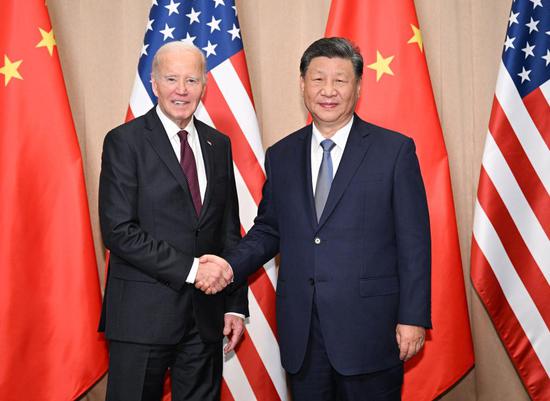



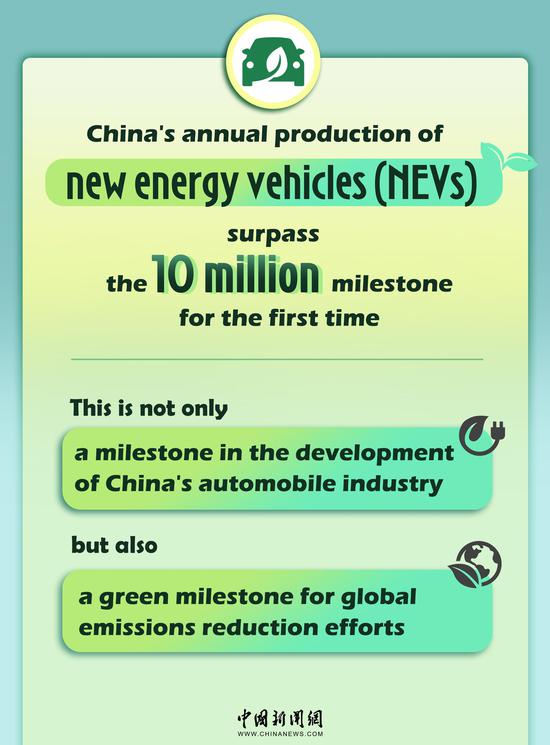

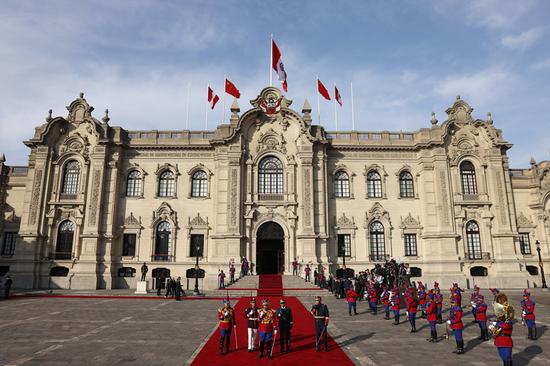



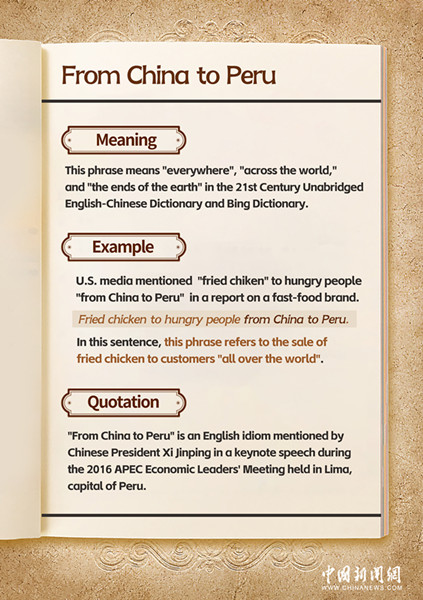
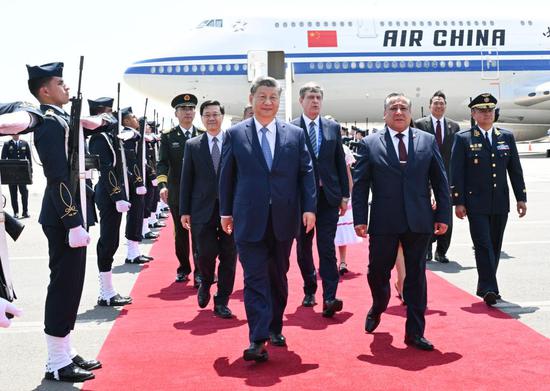

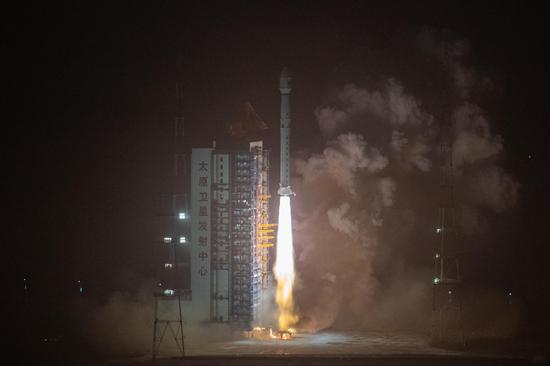


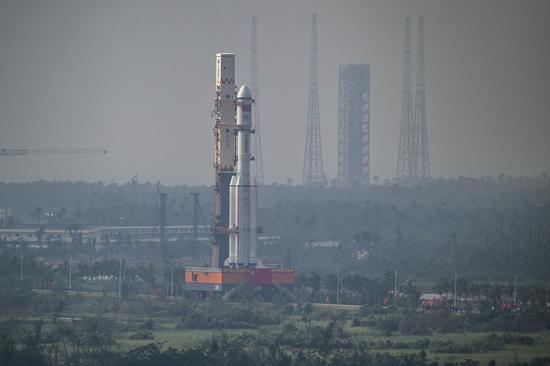






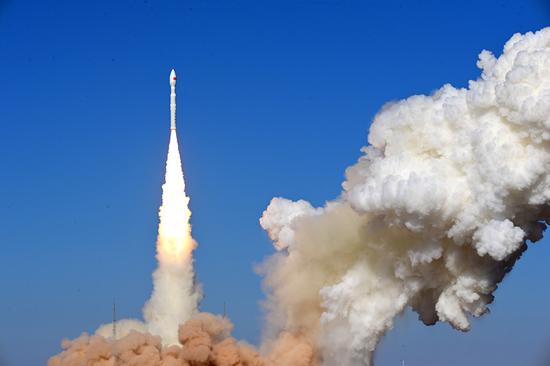




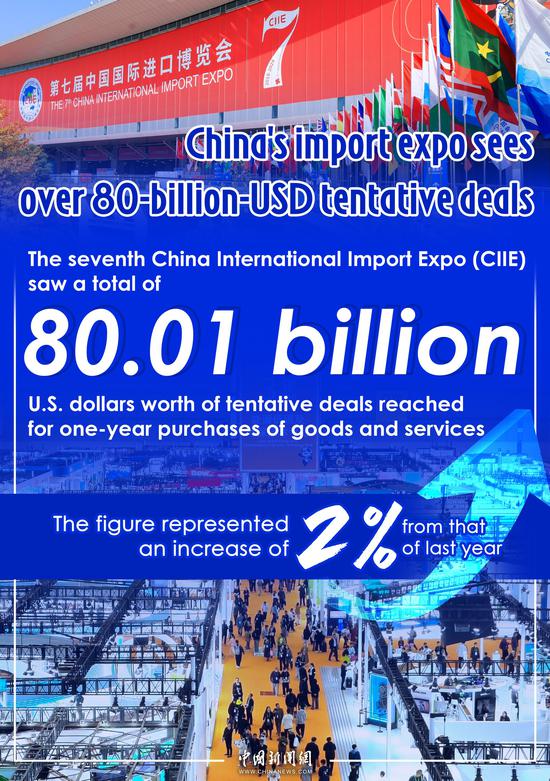
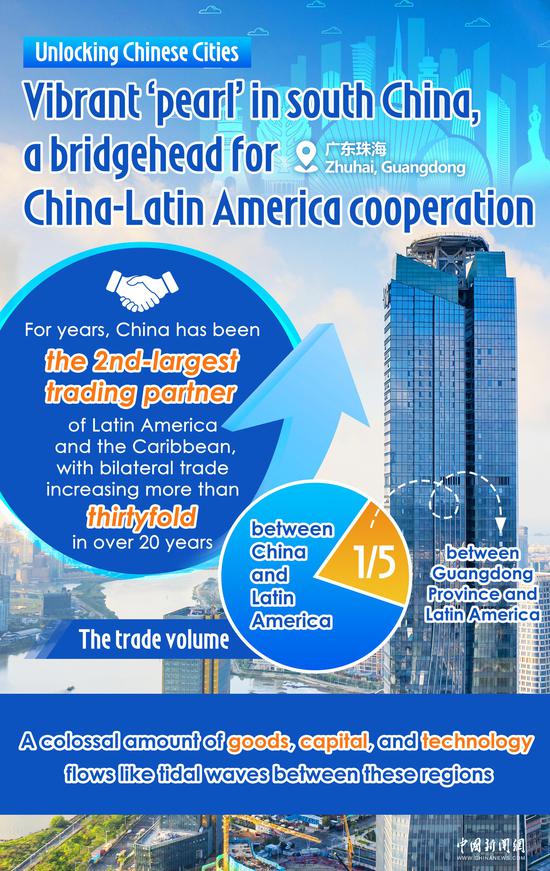
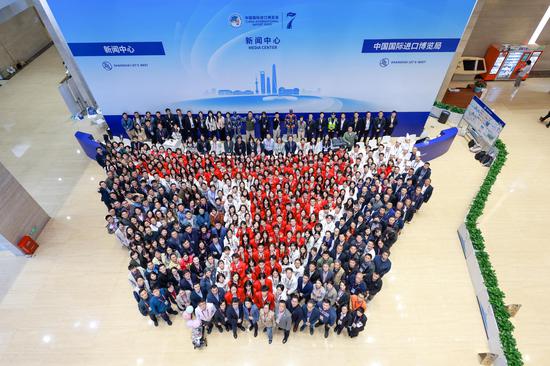


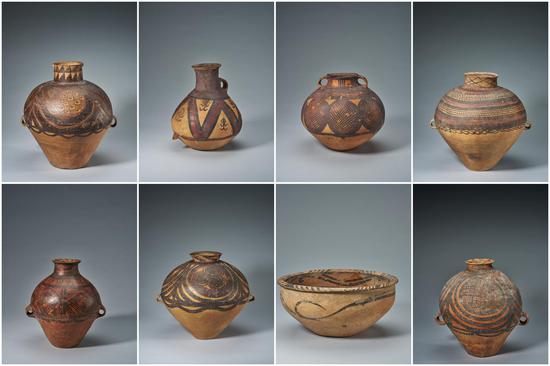

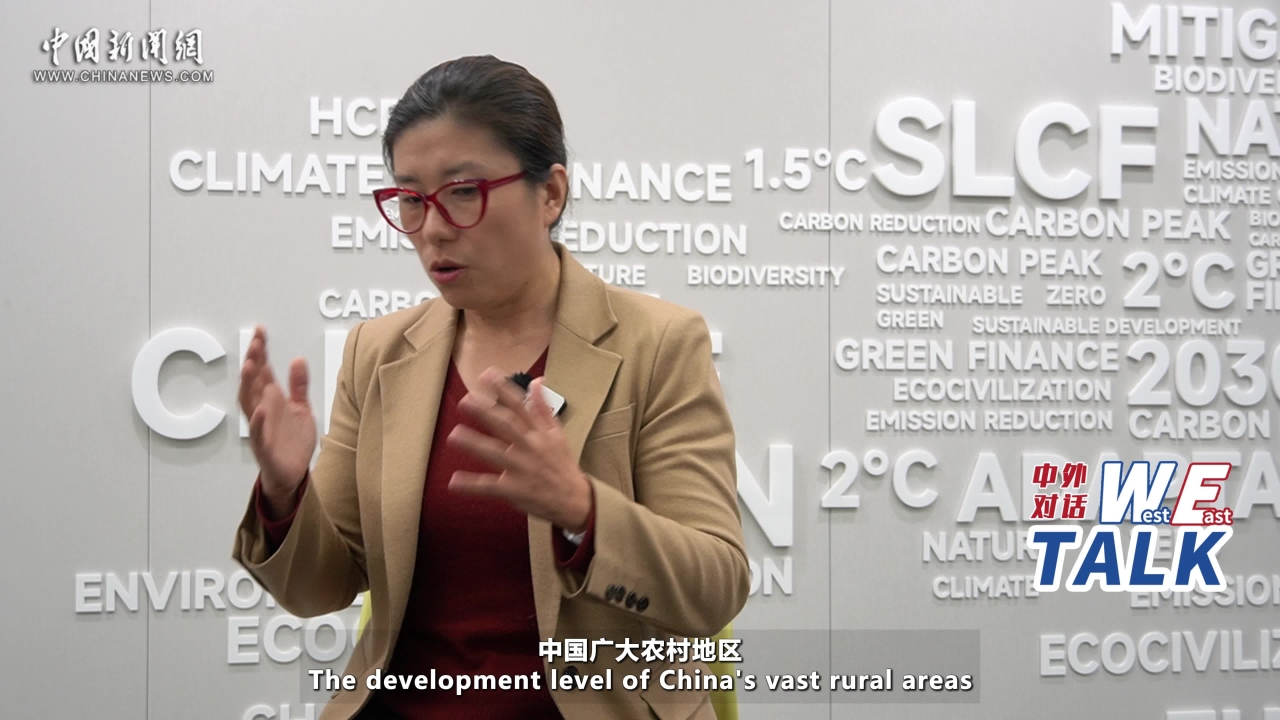



 京公網安備 11010202009201號
京公網安備 11010202009201號